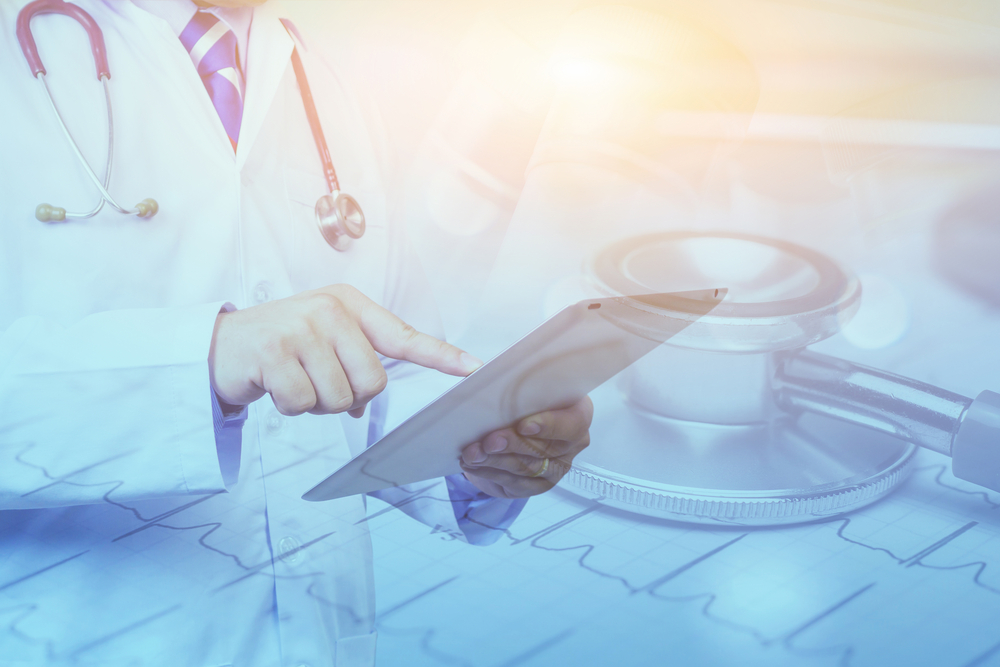Boston and San Francisco Hospitals Will Take Part in Phase 3 Trial of NurOwn for ALS

Massachusetts General Hospital in Boston and California Pacific Medical Center in San Francisco will be among the sites where ALS patients will take in a Phase 3 clinical trial of BrainStorm Cell Therapeutics’ NurOwn.
The trial will begin after the company receives approval from the U.S. Food and Drug Administration and the government’s Institutional Review Board, which looks at ethical considerations of proposed research.
“It is a privilege to be working with Mass General once again and to welcome CPMC [the California Pacific Medical Center] as a new clinical site in our Phase 3 trial,” Chaim Lebovits, BrainStorm’s president and CEO, said in a news release. “We are excited to be taking the final steps towards U.S. launch of this trial and will be announcing the participation of other hospital sites in the near future.”
NurOwn is an individualized stem cell therapy. Researchers collect mesenchymal stem cells from patients, then grow them in a laboratory. These cells have the ability to transform into other types of cells, giving doctors a valuable source of the patients’ own specialized cells for the treatment of ALS and other illnesses.
BrainStorm has tested NurOwn in three clinical trials involving a combined 75 amyotrophic lateral sclerosis patients. Two are in Israel (NCT01051882 and NCT01777646) and one in the United States (NCT02017912).
A Phase 2 trial covering 48 ALS patients showed that NurOwn was able to stop and in some cases reverse the progression of ALS over six months. It was also safe, and patients tolerated it well.
“Prior studies of NurOwn showed promising biological and clinical effects,” said Dr. Merit E. Cudkowicz, chief of Neurology at Massachusetts General Hospital. “Based on the results of the Phase 2 trial in which we participated, a larger confirmatory trial that incorporates repeat dosing is warranted. I look forward to working with Brainstorm on this pivotal study.”
“We are all excited about the potential of stem cells for ALS, but the results to date with NurOwn are especially promising,” said Robert Miller, director of the Forbes Norris ALS Research Center at California Pacific Medical Center. “The clinical impact observed to date, along with potential biomarker findings, make this upcoming Phase 3 trial one of the most exciting ALS clinical trials ever.”






